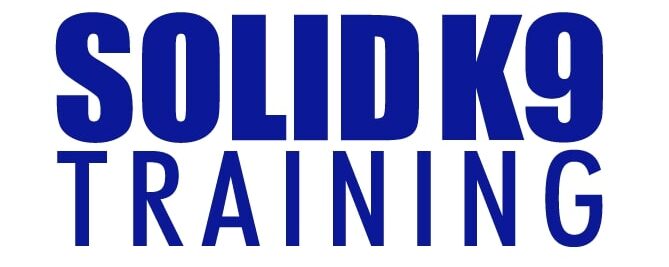The Ole 5 Dollar Speeding Ticket
As a dog trainer in Rhode Island who travels the country training dogs and working with 20-30 families a week in their homes it is so important for folks to understand how a dog thinks. And when there is no authority figure present, the kind of chaos and bad behavior that can happen. Remember the bad behavior of your dog is not the problem it is just the outcome of a breakdown of leadership in your home.
My friend and dog trainer colleague Sean O’Shea from The Good Dog Training and Rehabilitation puts out such a great blog that I am going to start featuring it on
My Blog Page since the content and message is so powerful and important it needs to be shared by all, enjoy the read and feel free to also join his Facebook fan page.
The Ole 5 Dollar Speeding Ticket
By Sean O’Shea

How much impact would 5 dollar speeding tickets have on drivers speeding habits?
Probably not much.
And why is that? Because the reward for driving over the speed limit – whether it’s running late for an appointment, impatience, or just the thrill of some extra speed – outweighs the consequence. No one is going to change rewarding behavior for a 5 dollar penalty…why would they?
When a reward outweighs a consequence, the consequence will be ignored. And the behavior that the consequence was supposed to impact/change/prevent/stop simply continues on.
If speeding tickets were 5 dollars, folks would likely be driving like maniacs…it would be chaotic, it would be dangerous, and it would be unpredictable. (This is strangely similar to dogs we see who live in a world of few rules and insignificant consequences for negative behavior).
So what changes a driver’s speeding habits? What changes anyone’s habits? It’s simple really. Significant consequences for breaking known rules. When consequences become significant, behavior changes…for all of us. (That’s why speeding tickets and the ding they put on your insurance are so heavy…in order for them to be significant)
In working with dogs, I see the 5 dollar speeding ticket issued all too often by owners in an effort to stop or change unwanted behavior. And the fallout is: The dog’s negative behavior continues; owners become frustrated/annoyed/resentful; the unwanted behavior becomes even more deeply patterned; and worst of all, the dog begins to view the human in a disrespectful, dismissive light…and this spells massive trouble.
So knowing that insignificant consequences undermine what we’re trying to achieve, and significant consequences help us to achieve what we want, what stands between us and the promised land of stopping bad behavior and creating great behavior? Lots of things. For one, many owners are far more prepared to share affection and fun than they are discipline and rules. For others they are unsure about how to create and share fair and appropriate consequences for their particular dog (and this is an important point – this is not a one size fits all – for some dogs a stern voice is significant, and for others this would mean absolutely nothing). Others still are unsure about which tool or approach or strategy would be best to help achieve this. Some owners are worried that they might hurt their dog’s feelings or undermine their relationship. And maybe the biggest one of all, owners have been told over and over that correcting their dog will create aggression or other serious behavioral fallout. In all of the dogs I’ve worked with, I have never, repeat, never seen this be the case. But, there is an awful lot of propaganda saying otherwise.
Once you’ve clearly and fairly taught your dog the rules of life, the next step is finding just the right consequence motivation that causes him to make good, healthy and safe choices. And in many cases, the best course of action is to hire an experienced, balanced trainer, who can help guide you through the best choice of strategies, tools, and reading of your dog, to ensure that you share exactly the right balance of reward and consequence for your particular dog…and that you leave that 5-dollar speeding ticket far behind.
Click here to read more about Sean.
The Good Dog Training and Rehabilitation
4867 Bellflower Ave.
North Hollywood, CA 91601
(818) 441-1837

Such a great and informative post about canine training. Thanks for sharing this post to us and keep posting!
Collin, thanks for your kind words and for reading the blog and being a part of our community, it is very much appreciated and I thank you. jeff
Yes. Even if they didn’t write down your name at all, your SSN license nmuber is what is important. There can be 10,000 people out there with the same name as you, but you’re the only one with that SSN license nmuber.